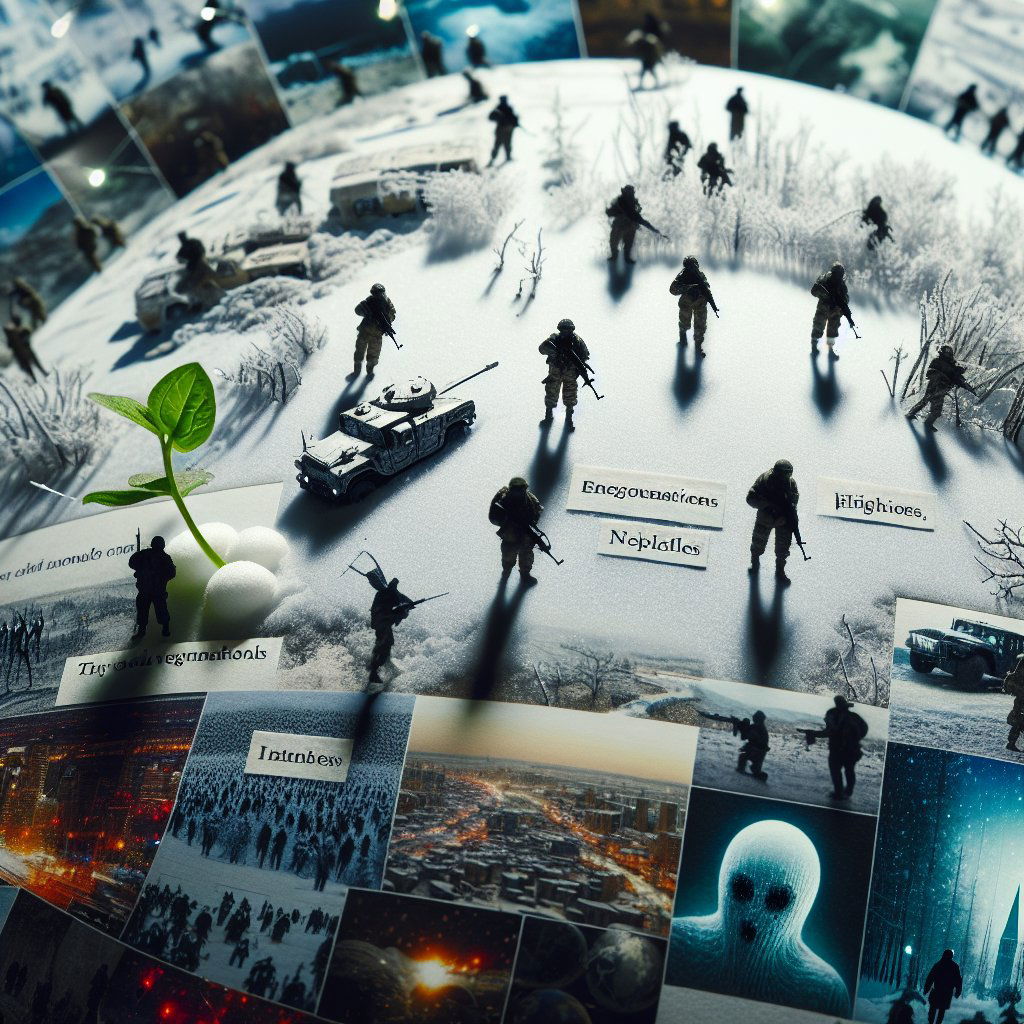Image: AI generated for illustration purposes
Bleak Outlook for Russian and Ukrainian Forces in the Impending Winter War
The war in Ukraine is bracing for a brutal winter season as both Ukrainian and Russian forces are entrenched in a conflict with mounting casualties and unyielding strategies, but no clear path to victory. Despite the chilling conditions, battles rage on, dimming the prospects for a swift resolution but potentially laying the groundwork for future negotiations.
Retired colonel Seth Krummrich, from security consultancy Global Guardian, conveyed to Al Jazeera the inevitable hardships both armies will endure during the winter, stressing the improbability of either side achieving a significant tactical or operational breakthrough.
Ukraine's counteroffensive in June marked a significant territorial reclaim, although falling short of its ambitious goal to bisect Russian forces. Determined, Ukrainian commanders vow to maintain the offensive pressure throughout the winter months.
Russia's countermeasures saw new offensives launched in the east, targeting strategic cities. While those efforts have yet to yield success, the Russian military persists, exemplified by the ongoing assaults near Kupiansk despite adverse weather conditions. Krummrich articulates the desperation that accompanies these offensives, foreseeing elevated casualties and a looming humanitarian disaster.
The relentless nature of the Eastern assaults has resulted in staggering Russian death tolls, as reported by Ukrainian forces, raising concerns over the sustainability of such strategies. With emphasis on attrition rather than strategic ingenuity, Konstantinos Grivas, a weapons systems and geopolitics expert, recognizes the stagnation that arises when offensive capabilities become neutralized by entrenched defenses.
Both adversaries have strived for a decisive edge, employing various approaches ranging from missile barrages to attempts at targeting supply chains and infrastructure. Yet, all have been met with resistance or adaptation from the opposition, maintaining the deadlock. Ukrainian advances in ranged weaponry, combined with Western assistance through defense systems and emergency supplies, have helped in countering some aspects of Russian strategy, but not enough to break the stalemate.
As Ukraine expresses desire for additional support, such as F-16 fighter jets, experts like Andreas Iliopoulos highlight the challenges of operationalizing such advanced equipment promptly, suggesting that these might not significantly change the battlefield dynamics until potentially 2025.
The economic warfare accompanying the conflict, primarily through sanctions against Russia and its restrictive countermeasures, attests to the multifaceted nature of the struggle, yet Russia's resourcefulness in maintaining weapon stockpiles and seeking alternative markets illustrates its resilience.
Observers highlight the aspect of time playing a role, with prolonged conflict potentially favoring Russia due to its manpower reserves, as per specialists like John Mearsheimer. Meanwhile, the morale within the Russian ranks is reportedly waning, a factor that could significantly impact the longevity of Moscow's military engagement.
On the political front, while Ukraine's President Volodymyr Zelenskyy firmly opposes any talks as long as Russian forces occupy Ukrainian territory, Russian President Vladimir Putin has signaled an openness to negotiations, possibly seeking an exit from the escalating crisis.
As the winter unfolds, both sides show determination to continue the fight, but milestones like the upcoming Russian election and the shifting tide of U.S. politics may introduce new dynamics to the conflict. Experts agree that the implications of the war extend beyond territorial disputes, foreseeing a potential reshaping of geopolitical alignments, with Russia risking isolation and China's position possibly strengthening.
In the freezing trenches of Eastern Europe, soldiers prepare for a harsh winter of combat with little promise of victory on either side. Still, amidst the entrenched warfare, murmurs of potential negotiations suggest that the snow-covered battlefields might yet witness the seeds of dialogue taking root in the year ahead.










